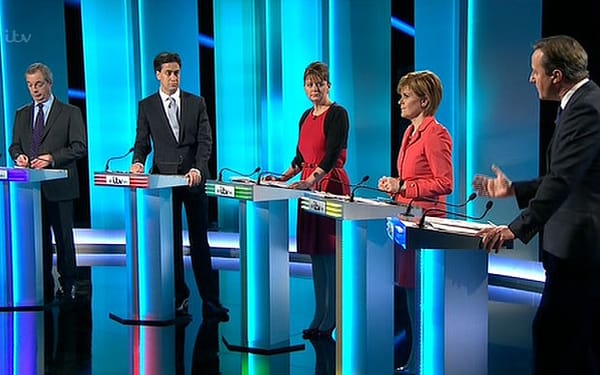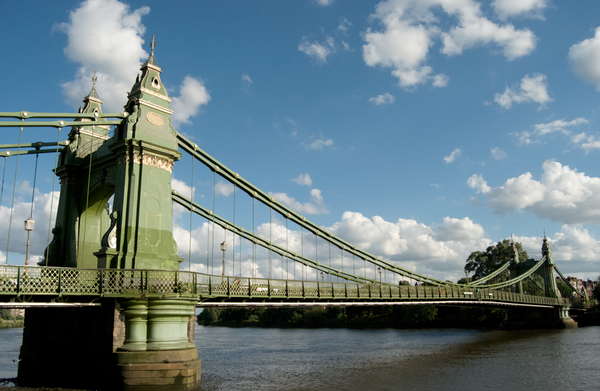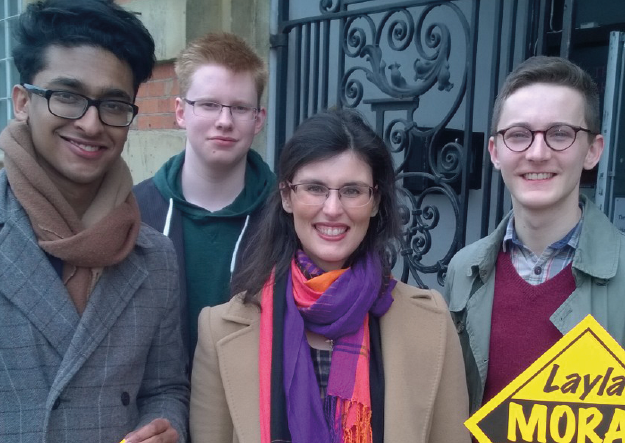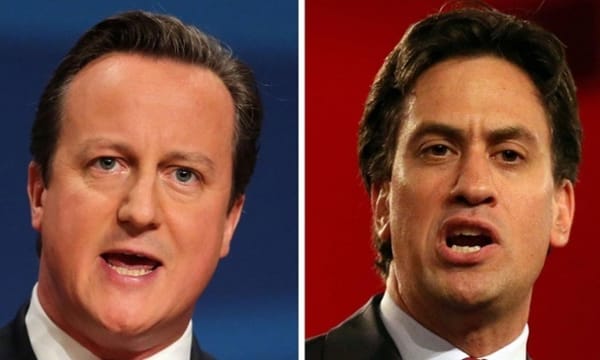Just how do you decide who to vote for?
Joshua Renken ponders the perils and pitfalls of picking a politician

The novelist and essayist George Orwell once said that political language is “designed to make lies sound truthful and murder respectable, and to give an appearance of solidity to pure wind.” He wrote that over half a century ago, but it is just as relevant today as it was then. Perhaps even more so.
There is undoubtedly a problem with how political language is perceived by the public. Many people feel that politicians are not direct or honest with the electorate, and are constantly dodging questions and twisting the narrative in an effort to appeal to everyone. There is an aroma of mild deception to the whole game, but you can see why politicians do it. They can’t get a whole lot done if their party comes in second.
Politics is all about the future. This means politicians get into power by making promises, which are often about quite abstract, intangible ideas.
So straight talking is hard to find, because politicians are not in the business of candid communication and transparency. They are in the business of breaking their messages down into sound bites and slogans that will resonate with as much of the electorate as possible. This is not necessarily a terrible thing. Great speeches need to weave policy with high ideals, but the problem is that political discussion is totally smothered by precisely framed platitudes and clichés, with little substance to them. It’s a tricky balance and not really the fault of any single group of people, just a reaction to incentives.
I’m sure many politicians would prefer it if they were able to speak freely and debate their opponents openly, but by outlining your policies clearly you are reducing the number of people who readily agree with you. Instead, by running a generic campaign you are able to appeal to as many people as possible, because there is little to disagree with them about. But this isn’t good for the country.
Even the party manifestos are packed full of generic promises about a “brighter future” or a “better plan,” and very few people have the time, or the patience, to meticulously analyse each party’s intentions.
So, how does one go about deciding whom to vote for?
Well, voting for policies over personalities is crucial. Having a competent leader is of course very important, but ultimately it’s the policies that directly affect our lives and make a lasting impact.
After that, it’s a question of assessing the pros and cons of each policy platform, taking into consideration the policy areas that matter most to you, each party’s record of delivery and whether the policies seem realistic. It can be the case that a policy that sounds great is, on closer inspection, detrimental in the long term.
It could be that you have a very strong view about a particular issue, which would take priority over all the other policies. For instance, you might feel very strongly that Scotland should not break up from the rest of the United Kingdom. This might lead you to vote tactically for the Conservatives or Liberal Democrats in order to minimise the impact of the SNP over the life of the next parliament.
There are some crucial dividing lines between the parties. Labour, the Conservatives and the Liberal Democrats have agreed to further austerity cuts over the next parliament, which Ukip largely support. The Green Party, Plaid Cymru and the Scottish National Party are all anti-austerity and have promised to modestly increase government spending.
When voting, it is important to be aware of the political landscape within your constituency, to see whether your vote will make a significant difference to who wins. For many voters there is a valid argument to vote tactically, particularly if you know you live in a marginal constituency that could ‘swing’ to another party.
You might consider voting down the front running candidate you dislike - a compromise that would help to get a more agreeable candidate elected. To look at your constituency’s profile go to http://democraticdashboard.com.
Online questionnaires and political party comparison sites such as www.whoshouldyouvotefor.com and www.voteforpolicies.org.uk will give you a good idea of whom you align with. It is also possible to go online and look at how your local MP has voted.
Many people think, quite sensibly, that election campaigns are about competing answers to the same question.
They’re not. They’re a fight over the question itself.
Labour wants people thinking about inequality and the NHS. The Conservatives want people thinking about the economy and strong leadership. Lib Dems want people thinking about fairness and a compassionate approach to fiscal recovery, while Ukip want the conversation to be about immigration and the EU. You get the idea.
Even if you don’t get the candidate you voted for, you will have helped reduce the size of the majority for the winning candidate, making him or her less complacent about their victory so that they work harder for their constituents ready for the next election. By voting you also represent your age group, and the larger the number of a group of people going out to vote, the harder it is for politicians to ignore that group’s interests over other groups. Old people love to vote, young people don’t. So tuition fees increase and pensions are protected. These policy priorities can shift if enough young people vote.
Deciding whom to vote for is admittedly a difficult decision to make. But it is important to exercise your freedom to have a say in how the country is run.









